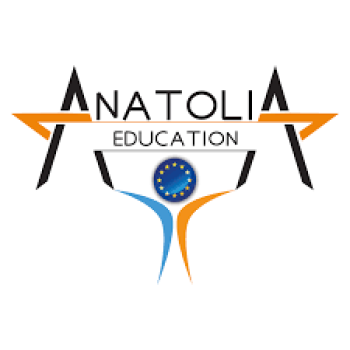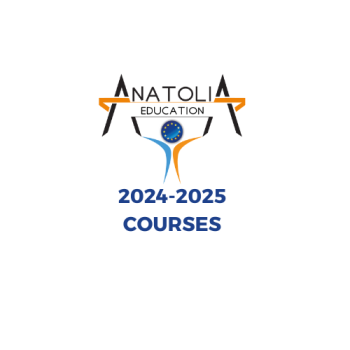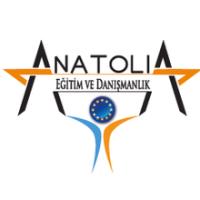
Inclusion & Tolerance at Schools: Supporting Diversity, Practicing Methodology, and Emotional Intelligence Toolkit
Inclusive education was first recalled for students who require disability and/or special education. The aim was to involve these students in normal education processes.
Description
Inclusive education was first recalled for students who require disability and/or special education. The aim was to involve these students in normal education processes. This definition has recently expanded and includes all groups that have a disadvantage in society (religious, ethnic, and cultural minorities, migrants, refugees, asylum seekers, girls, low-income families, people with disabilities, AIDS patients, etc.,) including an expression that has been implicated. In today's sense, inclusive education encompasses all children who have equal access to social, cultural, educational, vital activities and opportunities, with or without specific needs and/or disabilities and the right to education with other peers.
Inclusive education is defined by UNESCO as “the process of responding to the different needs of learners by increasing their participation in education, culture, and society and by reducing discrimination within the education systems.
This process, in the light of a common vision that includes all the children of the learning age and the belief that educating all children is the responsibility of the states, covers the changes that should be made in terms of content, approach, structure, and strategies.
All children are recognized as the basic condition of inclusive education by creating appropriate conditions within the general education system and by taking necessary measures.
Differentiates learners to respond to different and varied learning needs. This understanding assumes that all students can achieve the educational goals set for them if they have the opportunities and opportunities they need.
The inclusive education approach considers the differences between students and the different needs of the students as an opportunity not to be a problem but to enrich teaching.
In this respect, inclusive education defines an innovative movement that naturally meets and supports the differences between learners.
Learning objectives
- Listing dimensions of Inclusive Education
- Getting familiar with school culture and learning environments
- Discussing inclusive classroom management
- Relating gifted and talented students
- Getting to know learning styles
- Introducing inclusive schools and their dimensions
- Learning multiple intelligence
Methodology & assessment
- Providing immediate feedback
- Helping students to participate in class
- Designing hands-on activities and inspiring discussions on best practices
- Defending self-management skills
- Brainstorming
- Working in groups cooperatively
Certification details
- A course participation certificate will be given to all participants.
- A Europass Mobility Certificate will be given if the participant demands it, as well.
Pricing, packages and other information
-
Price:400Euro
Additional information
-
Language:English
-
Target audience ISCED:Primary education (ISCED 1)Lower secondary education (ISCED 2)Upper secondary education (ISCED 3)
-
Target audience type:TeacherHead Teacher / PrincipalTeacher Educator
-
Learning time:25 hours or more
Past sessions
More courses by this organiser




